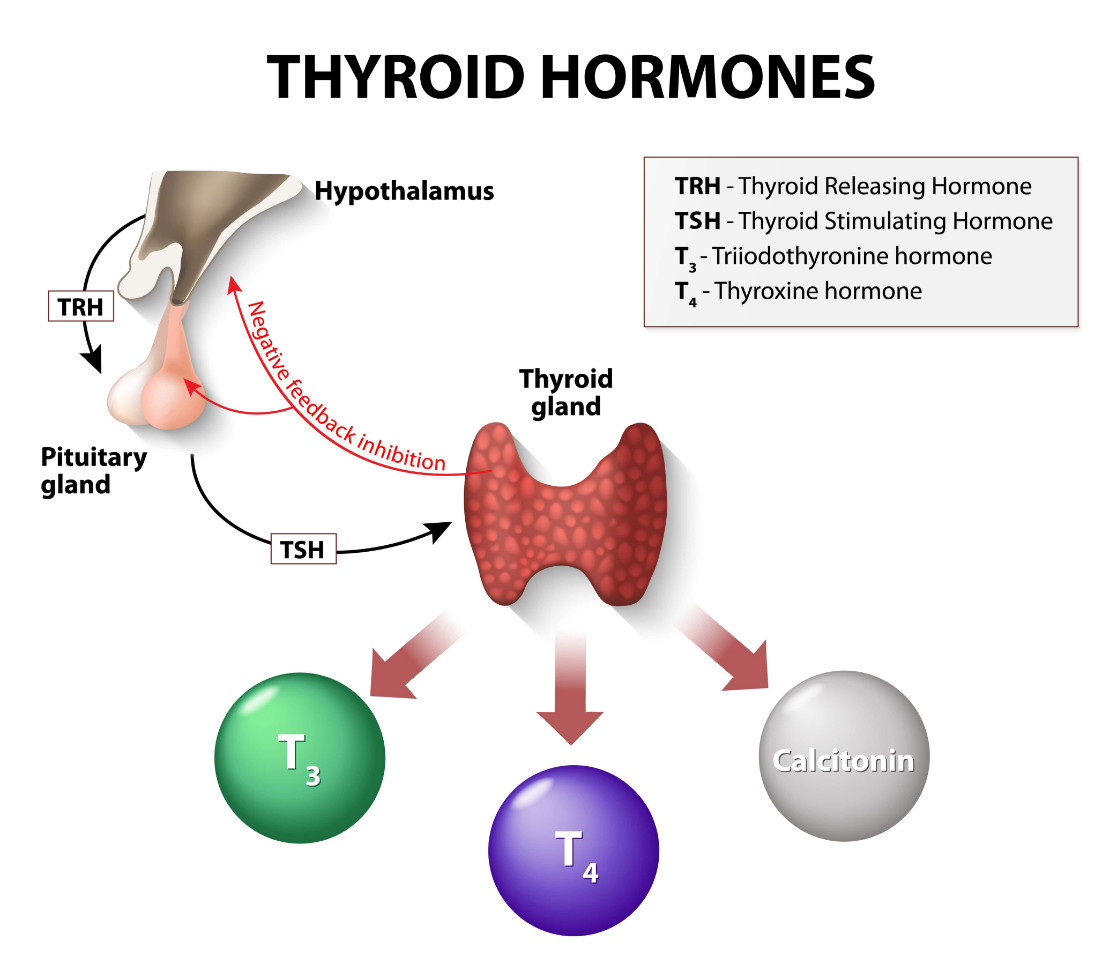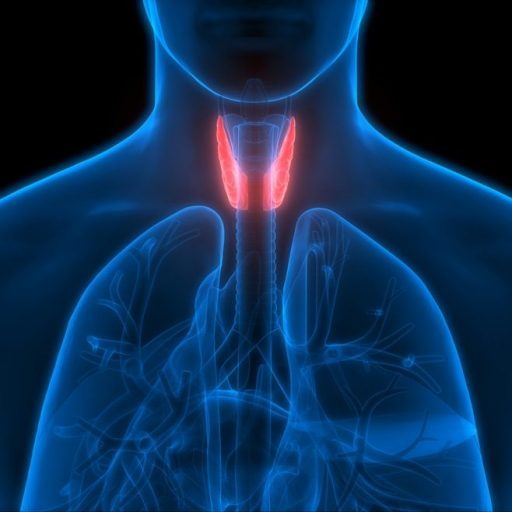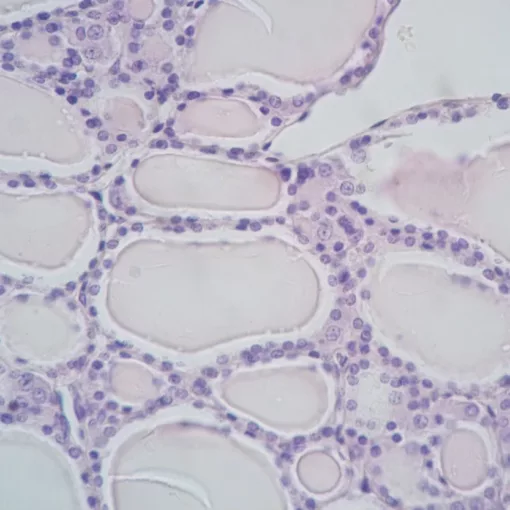Thyroid-stimulating hormone (TSH) is a hormone. It is secreted by the pituitary gland. In particular, TSH regulates thyroid hormones production. For instance, it governs the production of thyroxine (T4) and triiodothyronine (T3).
These thyroid hormones have an essential function. They play a pivotal role in metabolism. Additionally, they contribute to energy production. Ultimately, they support overall growth and development.
Hypothyroidism, a condition in which the thyroid gland does not produce enough thyroid hormones, can lead to various health problems if left untreated. This article explores the TSH range for hypothyroidism and the importance of TSH testing in diagnosing and managing the condition.
TSH Range for Hypothyroidism
The normal range for TSH levels in the blood varies slightly depending on the laboratory conducting the test and the population being studied. Generally, a TSH level of 0.4 to 4.0 milli-international units per liter (mIU/L) is considered normal. However, different organizations have slightly varying reference ranges:
- The American Thyroid Association (ATA) recommends a TSH range of 0.4 to 4.0 mIU/L.
- The American Association of Clinical Endocrinologists (AACE) suggests a narrower range of 0.3 to 3.0 mIU/L.
People with hypothyroidism usually have high TSH levels. This happens as the pituitary gland releases more TSH. It aims to stimulate the underactive thyroid gland. A high TSH level could mean hypothyroidism. If TSH level is below normal, it might suggest hyperthyroidism. Hyperthyroidism is an overactive thyroid gland condition.
Let’s begin by noting TSH levels don’t always diagnose thyroid dysfunction. Sometimes, TSH levels remain normal. However, a person may still show hypothyroidism symptoms. This condition is known as subclinical hypothyroidism. Clearly, it necessitates further evaluation.

TSH Testing and Hypothyroidism Diagnosis
TSH testing is an essential component of diagnosing and managing thyroid disorders, including hypothyroidism.
The test gauges TSH levels in the blood. It aids healthcare providers in assessing thyroid gland function.
Along with TSH testing, providers may request free T4 and T3 level tests. These tests provide a complete picture of thyroid function. They are handy when TSH levels are uncertain or when symptoms don’t match TSH levels.
Frequent TSH testing is vital for those with thyroid issues. Those at risk for thyroid problems also need it. These include pregnant women, the elderly, and those with a family history of thyroid issues.
TSH levels in hypothyroidism fluctuate based on the reference used. They generally range from 0.4 to 4.0 mIU/L. According to AACE guidelines, they fall between 0.3 and 3.0 mIU/L.
TSH testing, along with tests for T4 and T3 levels, plays a vital role in diagnosing and managing hypothyroidism. Regular monitoring of TSH levels helps ensure proper treatment and reduces the risk of complications associated with thyroid dysfunction.
References:
- American Thyroid Association (ATA). (2020). Hypothyroidism (Underactive). Retrieved from https://www.thyroid.org/hypothyroidism/
- American Association of Clinical Endocrinologists (AACE). (2012). AACE Guidelines for Clinical Practice for the Evaluation and Treatment of Hyperthyroidism and Hypothyroidism.






